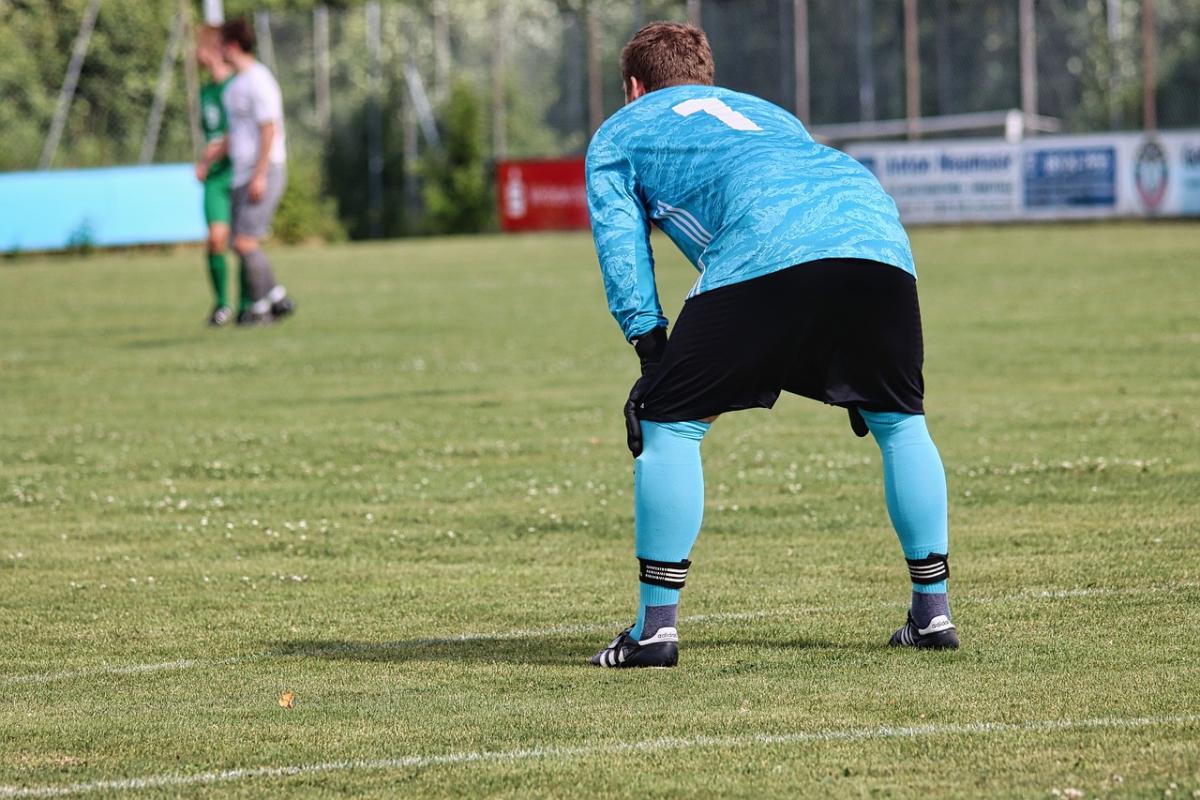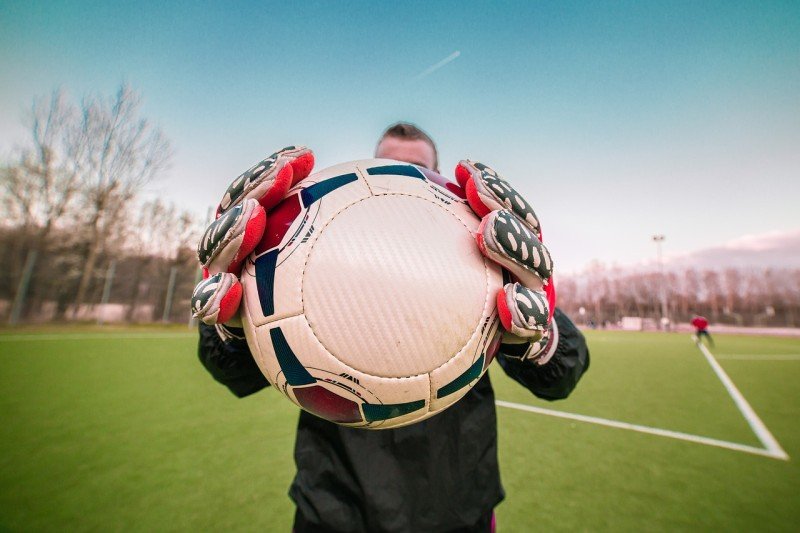When you step onto a soccer field, it can feel a bit overwhelming at first. But once you break it down, understanding the layout is quite simple! The soccer field is typically rectangular, with specific areas that each have their own purpose.
The center circle, for instance, is where the game starts and restarts after a goal. It’s a great spot for players to gather and strategize. The radius is often about 10 yards, giving ample space to avoid crowding at kickoffs.
Now, let’s talk about the penalty area. This is that big rectangular box in front of the goal. If a foul happens here, it can lead to a penalty kick. This area is crucial for defenders as they aim to protect their goal. And don’t forget about the corner arc, where corners are taken. This area is smaller but just as vital; it’s where many scoring opportunities arise!
Lastly, each half of the field is divided into right and left flanks. These areas are perfect for wingers who like to spread out and create plays. Knowing these designations can help you navigate the field better and find your spot during a game.
Essential Rules Every Player Should Know
Starting out in soccer can feel overwhelming, but knowing a few essential rules can really make a difference in how well you play and enjoy the game. Here are some basic rules every player should keep in mind:
These fundamental rules are just the tip of the iceberg, but they’re essential for every player to know. Understanding these will help you stay in the game and play more confidently, making your soccer experience that much more enjoyable!
Basic Skills to Improve Your Game
Mastering the basics of soccer is key to improving your game, no matter your skill level. Here are some essential skills you can focus on to take your play to the next level.
Dribbling: This is all about control and agility. Practice moving the ball with both feet, using different parts of your foot, like the inside and outside, to navigate around defenders. Set up cones and dribble through them to enhance your footwork and speed.
Passing: Good passing can make or break a game. Work on short and long passes with a partner or against a wall. Aim for accuracy and try to use both feet. The better your passing, the more opportunities you'll create for yourself and your teammates.
Shooting: Whether you’re aiming for the net or passing to a teammate, shooting is crucial. Spend time practicing shots from different angles and distances. Focus on your technique—use your laces for power and your instep for placement. Don't forget to practice volleys as well!
Defense: Strong defense is just as important. Work on your positioning, marking your opponent, and intercepting passes. Practicing tackling techniques safely will help you become a solid defender who can stop attacks effectively.
Tips for Teamwork and Communication
When you're on the soccer field, teamwork is key! To really play well together, good communication is essential. Here are some handy tips to help you and your teammates work together like a well-oiled machine.
Remember, soccer is a team game! By focusing on communication and teamwork, you'll not only enhance your performance but also build lasting friendships with your teammates. So get out there and support each other on the field!



